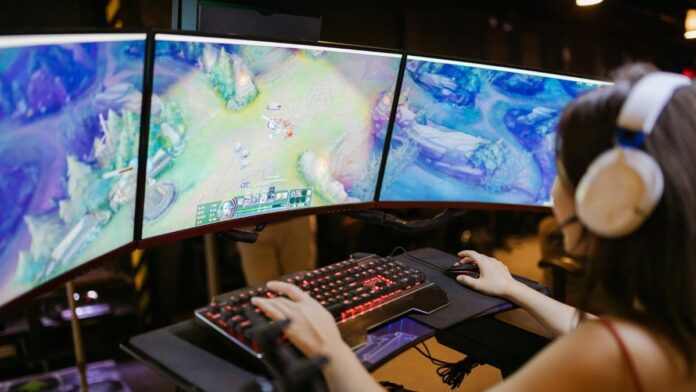Indian consumers allocated 29% of their spending to discretionary expenses in 2023, with online gaming emerging as a slightly more significant category than dining out and ordering in, according to an Indian Express report based on a study by Perfios and PwC India. The report, which analysed banking data from over 30 lakh tech-savvy borrowers, sheds light on evolving consumer spending patterns.
Obligatory expenses, including loan EMIs, accounted for the largest share at 39%, followed by necessity spending on essentials like groceries and utilities at 32%. The study focused on borrowers using fintech and NBFC lending services, excluding credit card and cash transactions. A majority of the consumers analysed (73%) had a monthly income of up to Rs 40,000.
Lifestyle-related purchases, particularly fashion and electronics, dominated discretionary spending, making up 63% of the category. Online gaming held a 13.7% share, surpassing dining out and ordering in, which stood at 13.1%. Other notable expenditures included entertainment (3.1%), liquor and spirits (2.7%), and travel (1.2%).
The study revealed that 22% of entry-level earners (earning up to Rs 20,000 per month) and 18% of emerging professionals (Rs 20,001–40,000) spent on online gaming in 2023. Among high-income earners (above Rs 1 lakh per month), the figure dropped to 12%.
Spending patterns varied by city tier, with residents of metros like Delhi-NCR, Mumbai, and Bangalore averaging Rs 5,081 per month on online gaming. In tier-2 cities, including Agra, Ranchi, and Rajkot, spending was 6% lower at Rs 4,763.
ALSO READCan reusable period panties go mainstream? Healthfab’s bold bet to disrupt India’s menstrual hygiene market
“In metros and tier-1 cities, we typically see people engaging in online gaming for recreational purposes. In tier-3, tier-4, and tier-5 towns, people may have more time to play physical sports outside their homes. But in metro areas, online gaming has strong penetration, especially among lower-income groups. Many of these spenders, often single and in their first jobs, are drawn to gaming due to exposure to ads, the need to pass time while living alone, or as a way to unwind amid their busy work life,” Sabyasachi Goswami, CEO, Perfios told Indian Express.
Meanwhile, spending on dining out and food delivery increased with income levels. Entry-level earners spent an average of Rs 492 per month, while high-income individuals spent Rs 2,170. Data from the Ministry of Statistics and Programme Implementation (MoSPI) indicated that urban elite households in metro cities spent nearly 50% of their monthly food budget on packaged goods,
» Read More


